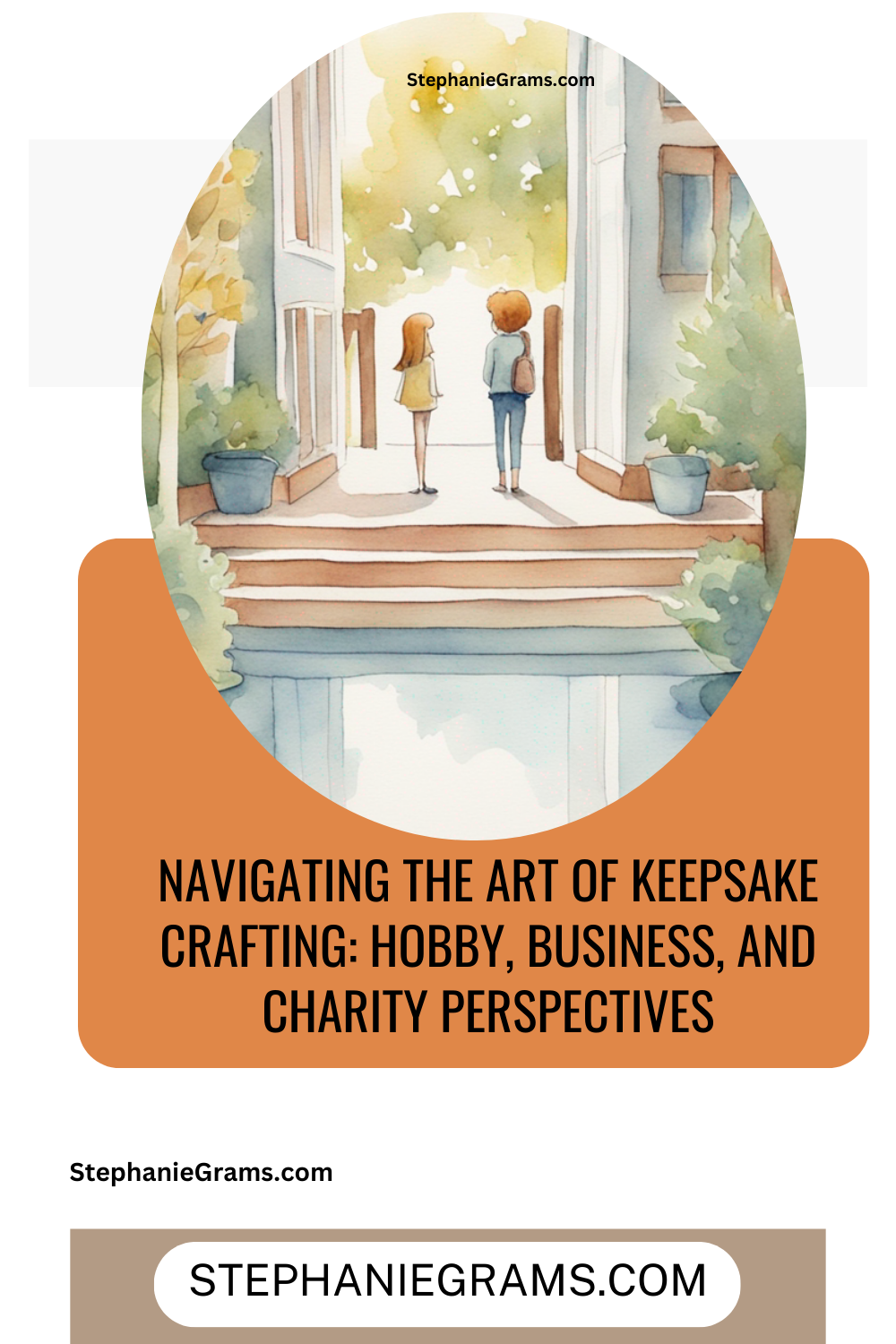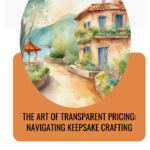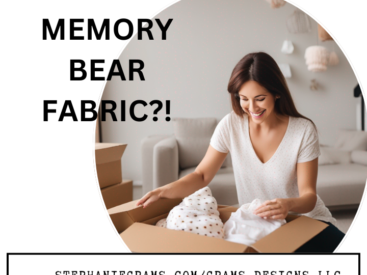Navigating the Art of Keepsake Crafting: Hobby, Business, and Charity Perspectives
In the realm of keepsake crafting, enthusiasts often find themselves at the crossroads of passion and practicality, questioning whether their endeavors should be pursued as a hobby, a business, or even a charitable endeavor. Let’s explore the nuances of each, and unravel the delicate art of explaining charges for crafting these cherished memories.
Hobby vs. Business vs. Charity: Deciphering the Differences
1. Hobby: Crafting for Personal Joy
Hobbies are pursuits driven by passion, often undertaken for personal enjoyment without the primary goal of generating income. Engaging in keepsake crafting as a hobby allows for creative freedom and a leisurely pace. While you may share your creations with friends and family, the emphasis remains on the joy of crafting rather than financial gain.
2. Business: Turning Passion into Profit
Transitioning from a hobby to a business involves a shift in mindset. A keepsake business is characterized by a commitment to providing products or services for profit. This entails not only perfecting your craft but also understanding market dynamics, setting prices, and offering a professional customer experience.
3. Charity: Crafting with a Purpose
Charitable keepsake crafting involves using your skills to make a positive impact on others. This may include creating items for fundraisers, donating to those in need, or supporting a cause close to your heart. While not driven by profit, charitable crafting still requires careful consideration of costs and resources.
Explaining Charges for Keepsake Crafting: Finding the Balance
1. Transparent Pricing: Articulating Your Worth
When transitioning from a hobbyist to a business mindset, transparency is key. Clearly communicate the value you provide, including your time, skill, and the emotional significance embedded in each keepsake. Break down your pricing structure to help clients understand the effort and expertise invested in every creation.
2. Cost Considerations: Beyond Materials
Educate your clients on the various costs involved in keepsake crafting, beyond just material expenses. Factor in your time, equipment, utilities, and any specialized skills you bring to the table. This transparency fosters trust and helps clients recognize the fair value of your creations.
3. Customization Adds Value: Emphasizing Personal Touch
Highlight the personalized nature of your keepsakes as a unique selling proposition. The customization you offer, tailored to each client’s preferences and memories, adds significant value. Emphasize that the charge reflects not only the physical product but also the emotional investment and attention to detail.
4. Consultation Fee for Expertise: A Fair Approach
Consider implementing a consultation fee for in-depth discussions about custom projects. This acknowledges the expertise and time spent understanding clients’ needs and ensures fair compensation for your creative insights.
In the intricate world of keepsake crafting, understanding the distinctions between a hobby, business, and charity is pivotal. By articulating the worth of your craft and navigating the delicate balance between passion and profit, you can embark on a fulfilling journey that not only creates cherished memories but sustains your creative spirit. Craft on, fellow keepers of memories! 🌟🎨
Click the link [here] to embark on your keepsake business journey with confidence! Don’t miss out on this opportunity to build a thriving business while staying ahead of the curve.











